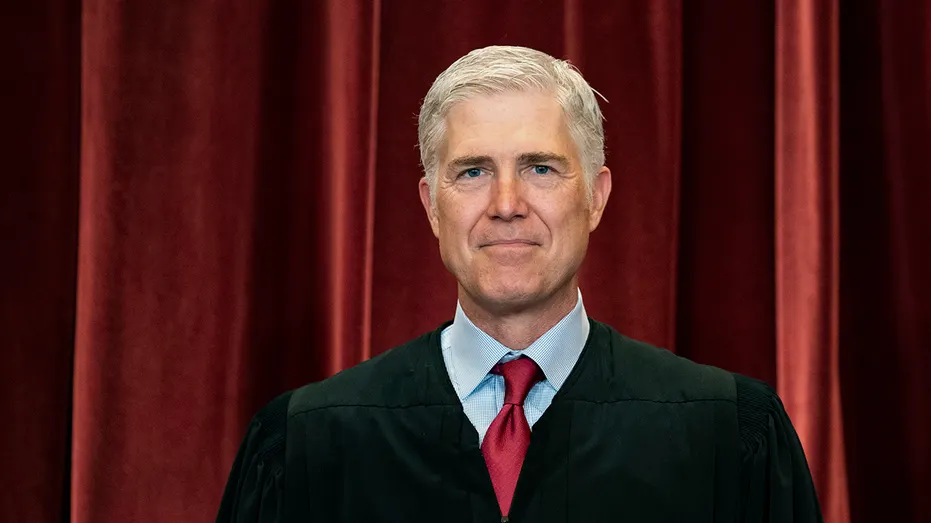Supreme Court Associate Justice Neil Gorsuch is worried about the explosion of laws in America.
In his new book, “Over Ruled: The Human Toll of Too Much Law,” co-written with Janie Nitze, he says that when reflecting on all his years as a judge, he realized “that I had seen many — so many — cases where the sheer volume and complexity of our laws had swallowed up ordinary people.”
Sure, “some law is essential to our lives and our freedoms,” he notes early on in the book.
But “too much law” can put those exact freedoms “at risk and even undermine respect for law itself,” says the Supreme Court justice.
The new book, published on August 6 and already a bestseller on Amazon, is a collection of stories of real people who have gotten caught — simply by living their lives and going about their business — in the chaos and confusion of “too much law.” They’ve gotten snagged without having any inkling why because of “our multitude of statutes, rules, regulations, orders, edicts and decrees.”
Lest readers think otherwise, Gorsuch is quick to point out that there is “not much” a person in his position, even a justice on the nation’s highest court, can do about the problems of too much law in America.
“As a judge, my job is to apply the law … The best I can do is share with you what I have seen from my unusual vantage in our legal system.”
And so, he tells stories — in a direct and accessible way (“this is not an academic work,” he notes). The tales instruct as they inform.
Among the stories shared — all cases he’s come across in his career — are those of local business owners, families, fishermen, entrepreneurs and even a magician. In one way or another, these people all become ensnared in legal battles due to a large mass of narrow and precise federal regulations that tripped them up, hobbled them, shocked them and changed their lives forever.
How bad is it?
Gorsuch says that “we now have so many federal criminal laws covering so many things that one scholar suggests that ‘there is no one in the United States over the age of 18 who cannot be indicted for some federal crime.’”
Gorsuch calls out serious cases of personal freedom infringement that have resulted from too much law while also highlighting some ridiculous and almost unbelievable examples of laws still on the books.
For instance, it’s a federal crime to sell a mattress without a warning label.
It’s also a crime to “consult with a known pirate” and it’s a crime to “advertise wine by suggesting its intoxicating properties.”
Beyond that, he doesn’t shy away from what happened during the COVID-19 pandemic, when “the federal Occupational Safety and Health Administration … asserted the authority to issue a mandate requiring some 84 million Americans to mask and test at their own expense or take newly developed vaccines rushed to market in something called Operation Warp Speed.”
READ MORE FROM FOR A FREE AMERICA
Through it all — through his concerns that so much of each American’s life and well-being is being “decided far from home” — Gorsuch remains “an incorrigible optimist,” he writes, and says the nation has “overcome daunting odds time and again” ever since its beginning.
And “almost 250 years later, here we stand.”
Moving forward, he hopes for “a rule of law designed to ensure fair notice, equal treatment, and room for individual flourishing” — and asserts that he would “never bet against the American people.”

